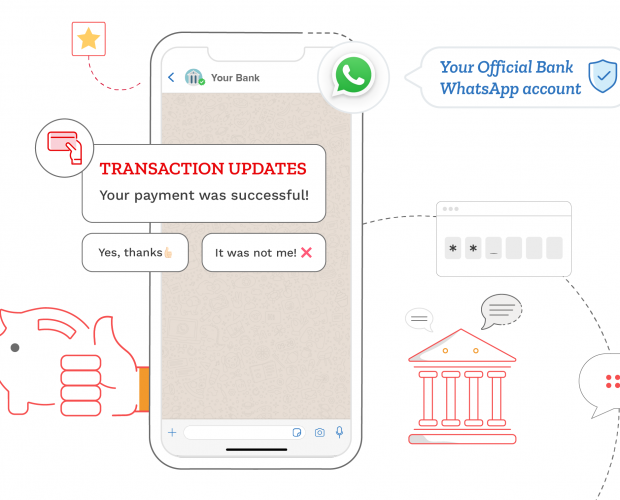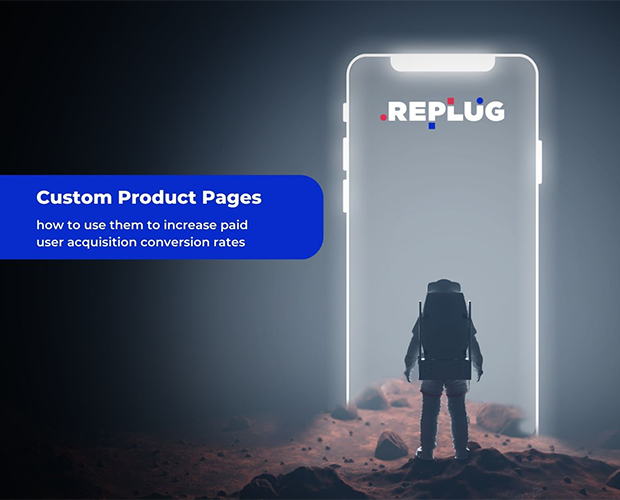Will Cooper, Acting CEO of TradeDoubler, argues that mobile advertisings day will come, so long as those pushing it respect the medium and the place it holds in peoples lives
The humble mobile phone is about to go places. From Mobile TV and video to search, the handset has become the focus for potential advertising revenue from the latest applications to hit the mobile market. Of course, this is nothing new; ever since the advent of 3G, services to mobile phones have been the great white hope of many mobile phone operators looking to offset the pressures of declining business from voice and text. This time, it seems, its the turn of the advertising industry to capture the imagination of the mobile community.
In the past few weeks we have seen a number of partnerships formed which have put the spotlight on advertising. Yahoo! announced the launch of its global mobile display advertising platform in the same week that Google and Vodafone tied up to make mobile search a reality. The chief executive of Vodafone even declared that mobile operators are in danger of missing out on advertising as a revenue stream if the industry does not get its act together around presentation standards. So should advertisers be preparing for the coming of age of mobile advertising?
A tentative 'Yes'
The answer to this question is tentative 'Yes'. There is little doubt
that mobile advertising is going to continue to grow. The penetration
of handsets is such that the opportunity cannot be ignored, and as
technology makes it possible for people to watch TV and search the
Internet on their phones, then advertising partnerships will follow
suit. Its simply too good and too obvious an opportunity to miss.
There is, however, a long way to go before this becomes reality. The
advent of Internet advertising required a step change in the way ads
are created, delivered and monitored. Despite its early success,
Internet advertising still has a lot of potential left to realise.
Expecting the model to move easily to the mobile phone is not realistic
at this stage. There are huge technology barriers to be overcome for a
start - advertisers wont be happy until the major networks can offer
cross-industry standards in terms of the size of banner ads, length of
video ads etc. Add to this problems such as copyright and brand
defamation, and suddenly there are a few mountains to climb.
Mobile advertising will only really take off when it can be guaranteed
to be unintrusive and personalised. The mobile phone is, for many
people, a personal possession. That means that there will be objections
to advertising being served to them every time they want to watch a TV
programme. Ads will need to be eye-catching, engaging and interactive
if they are to succeed.
Powerful and compelling
The personalised element is also crucial. Location-based advertising
will come into its own via the mobile phone. Being able to deliver ads
for restaurants, shops and local services, based on where someone is
using their mobile phone, will be a very powerful, compelling and
lucrative form of advertising.
Mobile operators, Google, Yahoo!, Microsoft, and anyone else throwing
their hat into the ring, will need to deliver on two crucial elements
to make mobile advertising work: end user experience and brand
protection. Until the technology is there to get these things right,
mobile advertising will not attract credible investment. Make no
mistake, mobile advertising is here to stay, as long as the industry
can mobilise itself to get the recipe for success right.







